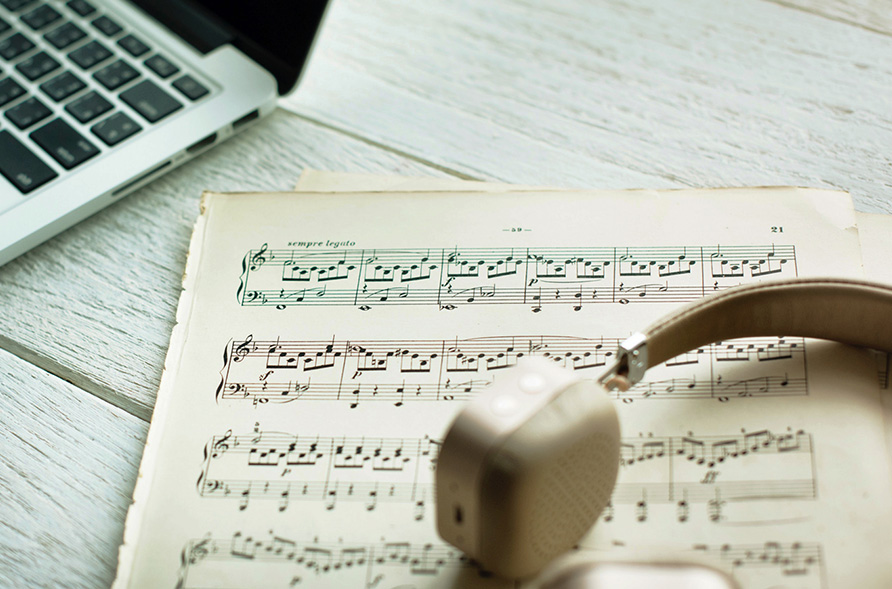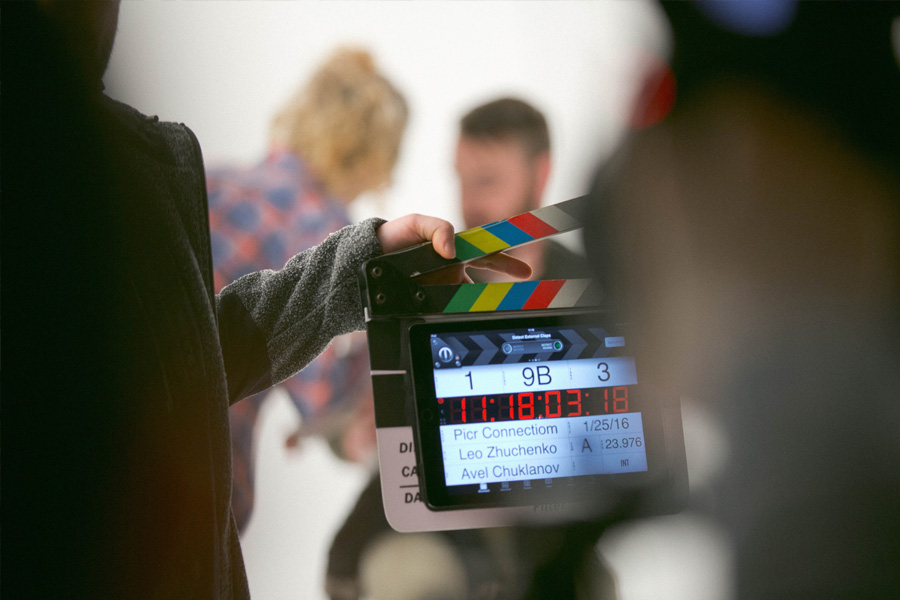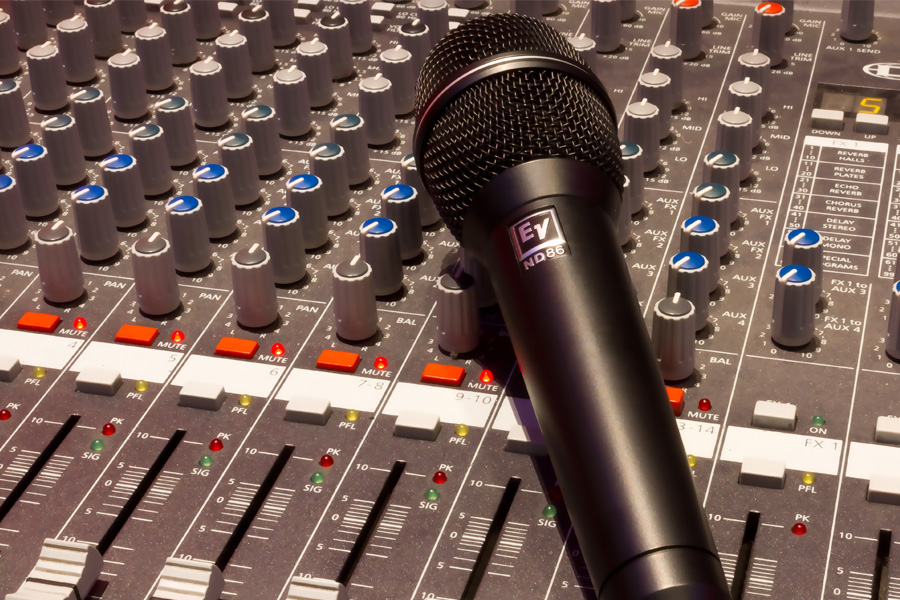Intellectual Property in Commercial Settings
Ownership by creation or invention
In the first instance, a person will usually hold ownership rights in intellectual property because they have made the relevant item or material. When a person has made an invention, they may gain rights under patent law. Where the material is a creation, such as an artistic or musical creation, then copyright law will apply.
Patent
Under patent law, an inventor has the right to apply for a patent over their invention. Thus, the inventor will generally be the owner of the patent rights granted by the patent office.
Copyright
In the module Intellectual Property Principles, topic 2, you will have learnt that copyright is a legal right that automatically vests in the creator of a creative work. Let us now look at this principle in relation to different types of creations.

Literary, dramatic, musical and artistic works
The person who creates a literary, dramatic, musical or artistic work is known as the “author”. As a general principle, an author usually owns the copyright in the work and is known as the ‘first owner’.
Photographs
This general rule applies to photographs as artistic works. This means that for photographs, the person who owns the copyright is the photographer. The subjects of the photograph (i.e. any people in the photograph) do not have copyright ownership in the photograph, except in some very discrete circumstances (discussed later in this topic under ‘commissioned works’).

Films
The person or a company that makes a film is known as the ‘maker’. The maker is generally the person or company responsible for all the necessary arrangements for making a film, such as coordinating the finances. This will usually be the producer of a film. The maker is the first owner of copyright.
Under copyright law, the directors of a film may be included with the producers as the ‘makers’ of a film. This means that there may be several copyright owners of the same film. In practice, copyright ownership of movies is usually managed by contract. This is discussed further in the section on Ownership by assignment.

Sound Recordings
Musicians may own the copyright in the music they create (the lyrics and musical notation), but will often not own the recorded version. Similar to films, the maker of a sound recording owns the copyright in that sound recording. Generally, the maker of a sound recording is a person or a company that owns the devices that are used to record music and/or makes the necessary arrangements for creating the recording. This will often be the record company.
In the case of a live performance, the person or company that makes the necessary arrangements for recording the live performance is the ‘maker’ and therefore the owner of copyright in the recorded version of that live performance.
Again, there are some exceptions to these general rules applying to makers of films and sound recordings. In particular, different ownership arrangements may apply where a film or sound recording is commissioned, i.e. made in return for specific payment.
Performers’ Rights
The Australian copyright law also recognises performers’ ownership rights (legally known as performers’ rights). These rights are granted to performers who give a live performance of a dramatic work (actors), musical work (musicians, singers), dance (dancers), or literary work (person reciting or reading a literary work in public). A live performance could either be in front of an audience or otherwise e.g., in a studio.
A performer has the following rights -
- Copyright ownership in the sound recording of a live performance (where applicable) - held jointly with the person making the recording;
- Moral rights in a live performance i.e. the right to be credited, to take action if a performance is falsely credited, and to take action if a performance is treated in a manner that is prejudicial to a performer’s honour or reputation; and
- Right to authorize the recording, reproduction and communication of a live performance.
Important notes
If a performance is commissioned i.e. a performer is paid a valuable consideration for performing, the copyright ownership usually sits with the person who commissions the performance.
- Performers’ rights can be assigned by way of an agreement, except for the moral rights. Moral rights cannot be assigned / sold.
Not all live activities qualify as ‘performance’ e.g., a teacher delivering a lecture in a classroom, or audience participation in a live show.
In general, performers' rights last for a shorter period of time than other types of copyright. Most live performances will be protected for a period of 20 years, though some sound recordings of live performances will be protected for 50 years.
